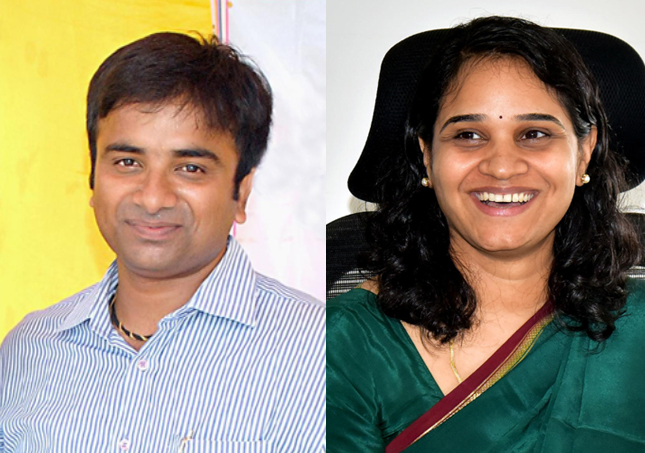Bengaluru, Mar 19: In the backdrop of coronavirus pandemic, Karnataka State Road Transport Corporation (KSRTC) has reported huge revenue losses in March.
According to official data, the cumulative revenue loss in all services from March 1 till March 18 has amounted to around Rs 8,58,86,462 crores.
This includes cumulative revenue loss of Rs 5,33,82,456 in premium services, and cumulative revenue loss of Rs 3,25,04,006 in non-premium services.
The highest reported revenue loss in all services was reported on March 18, which amounted to Rs 1,90,25,183.
The total number of coronavirus cases in the state have reached 15, according to the Karnataka Health Minister.
A total of 169 positive cases of coronavirus have been reported in India so far, the Union Ministry of Health and Family Welfare said on Thursday.






Comments
Add new comment